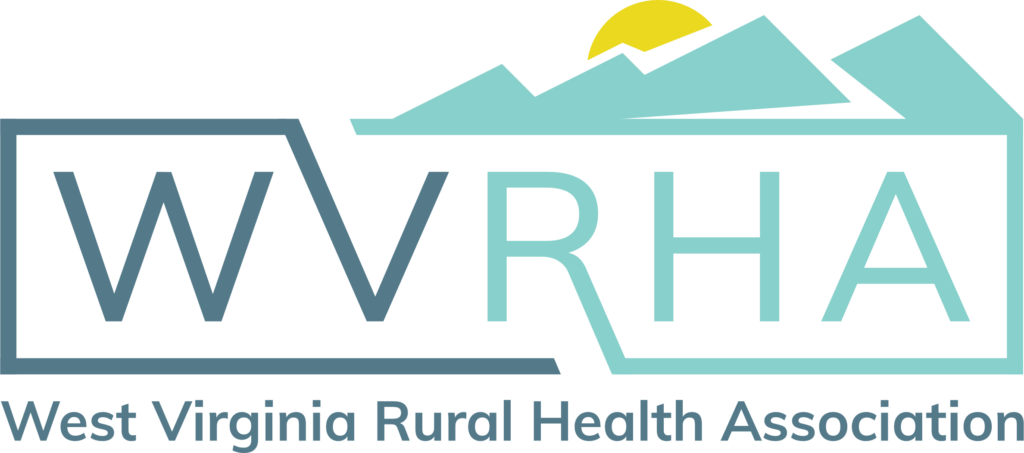
Opinion: Medicaid is essential and must be funded
Opinion: Medicaid is essential and must be funded
By Rich Sutphin, executive director of the WV Rural Health Association
West Virginians face a number of obstacles when it comes to health. Although we have some of the most beautiful rural vistas in the country, our residents are some of the unhealthiest.
Diabetes, tobacco use and heart disease are rampant. Substance use disorder and the overdose rate continue to plague the state. On top of these serious health issues, many West Virginians must also travel great distances to a healthcare provider for basic checkups or appointments.
The West Virginia Rural Health Association is dedicated to improving healthcare outcomes for residents around Almost Heaven. We support or oppose policy that we think will either help or hurt healthcare in this state.
One of the policies that greatly benefits many West Virginians is Medicaid. There are around 665,000 West Virginians on Medicaid currently. That equals about 37 percent of the population. Over one-third of everyone in West Virginia is covered by Medicaid.
When you break the numbers down it shows just how important Medicaid is to residents of this state. More than 50 percent of the children in West Virginia are covered by Medicaid. These children represent our state’s most vulnerable population. Without this program, these children would not have health coverage and their health would suffer greatly. Also, 76 percent of the cost of long-term care in this state is covered by Medicaid.
The fact is, Medicaid is an essential component to ensuring access to healthcare in this state. Without it, a large segment of our population would go without healthcare coverage and the health of West Virginians would decline even further.
Providing healthcare is about more than just taking care of our neighbors and our friends, although that is a big part of it. It is also about making sure that the residents in the state are healthy enough to work and lead productive lives.
Medicaid covers a lot of hardworking individuals and families. These are people who work, but still do not make enough to pay for insurance coverage. Without Medicaid, these individuals would be unable to go see a doctor or address healthcare concerns and they could fall through the cracks and onto the unemployment rolls.
Without Medicaid coverage, our workforce participation rate would decline even further than what it already is because many people would be too sick to hold down a job. Positions would go unfilled, and the cycle of poverty would continue for many individuals, especially children.
The program also helps support healthcare infrastructure in West Virginia. Without the program, many of the medical bills for residents in the state would go unpaid. Without that source of revenue, healthcare facilities could not afford to operate and the existing gaps in service in West Virginia would grow even larger.
West Virginia cannot afford to allow this program to go unfunded. Currently, there is about a $114 million budget shortfall for funding Medicaid in West Virginia. That is because the special increased federal match for Medicaid that was established during the COVID pandemic is coming to an end.
The federal dollars provided for the program must be matched by state money. The rate of the match is determined by the federal government and is based on the state’s per capita income. States with a lower per capita income, like West Virginia, have a much higher federal match. Because the special increased federal match that was put into place during the pandemic is coming to an end, West Virginia must make up the difference.
We must find a way to come up with this matching funds. Medicaid must be funded fully in the state.

